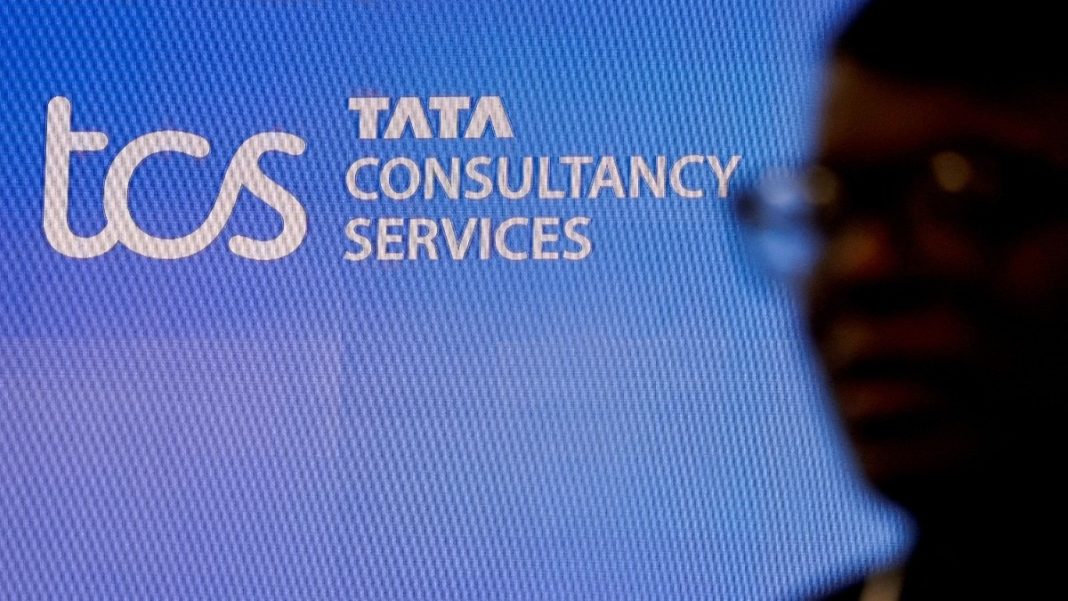TCS Cuts 20,000 Jobs in Major Restructuring
Tata Consultancy Services (TCS), India’s largest IT services firm, has confirmed its largest-ever workforce reduction, cutting 19,755 jobs in the September quarter. The company’s employee count has fallen below 600,000 for the first time since 2022, signaling a fundamental shift in India’s $280 billion technology industry driven by AI adoption and changing global trade dynamics.
Key Takeaways
- TCS reduced workforce by 19,755 employees in September quarter
- Headcount drops below 600,000 for first time since 2022
- Restructuring targets mid-senior roles with “skill mismatch”
- Company plans to cut 2% of global workforce by March 2026
- Rs 11.35 billion set aside for severance costs
Record Workforce Reduction
TCS’s latest earnings report confirms the elimination of 19,755 positions, representing a 3.2% decline from the previous quarter. The reduction includes both voluntary exits and direct layoffs, with the company allocating Rs 11.35 billion to cover severance expenses as it navigates this significant restructuring.
Targeting Middle and Senior Roles
Chief Human Resources Officer Sudeep Kunnumal explained that the restructuring primarily affects mid- and senior-level positions experiencing what he termed a “skill and capability mismatch.” The company is approximately halfway through its plan to reduce 2% of its global workforce by March 2026, aligning with TCS’s strategic pivot toward AI and automation-driven services.
Business Outlook Concerns
Citi analysts noted that the job cuts reflect a subdued business environment characterized by weak global demand and tightening technology budgets. TCS’s quarterly profits fell short of expectations, partly due to one-time costs associated with the workforce reduction, indicating that even India’s most stable IT firm faces pressure from the evolving digital economy.
Geopolitical and Policy Challenges
The restructuring occurs amid increasing geopolitical tensions, including US plans to raise H-1B visa fees to $100,000 and impose higher tariffs on Indian imports. While direct tariff impact on TCS may be limited, policy uncertainty and reduced IT spending by American clients—who constitute the majority of TCS’s business—represent significant concerns for India’s IT majors.
Strategic Shift to Local Talent
TCS has been accelerating its US workforce localization strategy to decrease dependence on foreign work visas. “Our business model can adapt quickly to immigration changes,” Kunnumal stated, emphasizing continued hiring for “future-relevant skills” including artificial intelligence, machine learning, and data analytics. This transition marks a broader industry evolution from labor-intensive outsourcing to technology-driven operations prioritizing innovation over scale.
The sweeping workforce reductions at TCS may foreshadow similar transformations across India’s IT sector as companies navigate the transition from mass manpower to specialized technological expertise in the age of automation.




